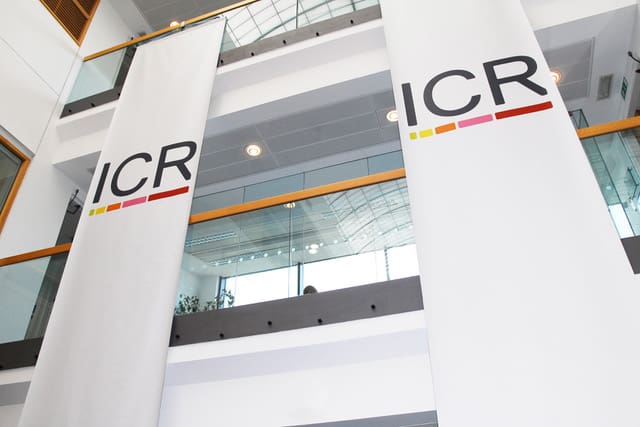
Researchers at the Institute of Cancer Research (ICR), London and the University of Michigan in the US have made a major discovery of the changing ‘diet’ within pancreatic cancer cells, enabling the growth of the cancer.
The findings were published in Nature and funded by Pancreatic Cancer UK, the Ian Harty Charitable Trust and the National Institutes of Health (NIH) in the US.
Pancreatic cancer is responsible for 5.2% of all cancer deaths in the UK, with the fifth highest cancer mortality rate, and is predicted to have the fourth highest cancer mortality rate by 2030.
The newly discovered nutrient source, uridine, is a molecule that replaces glucose in pancreatic cancer cells to adapt as a fuel source, having the potential of becoming a new treatment strategy for the aggressive form of cancer. Researchers believe that uridine could also help fuel other cancers including lung, stomach and brain cancer.
Uridine is found in the body and is required for a healthy metabolism. Despite this, uridine acts as a supply to pancreatic cancer cells once glucose is in short supply. Using uridine, the cancer cells are able to continue growing, even if their usual food source is insufficient.
Phenotypic microarray, a new technique that allows the testing of thousands of cell characteristics at once, enabled researchers to find that uridine is broken down by the enzyme, uridine phosphorylase-1 (UPP1), to produce a new form of sugar, ribose, as fuel for cells.
Team leader in systems and precision cancer medicine at the ICR, London, Dr Anguraj Sadanandam, said: “Next, we will explore ways to use uridine to monitor existing therapy responses in pancreatic cancer and hopefully develop new drugs targeting UPP1.”
By removing the UPP1 gene in mice, researchers found it stopped pancreatic cells from accessing uridine and largely halted tumour growth. High levels of UPP1 were also linked to the poor survival of people with pancreatic cancer, as well as other types of cancer.
Although there are no approved drugs used to block UPP1 in humans, the new findings increase the potential of finding a new treatment to combat it. Professor Kristian Helin, chief executive of the ICR, London, clarified that researchers are “using cancer’s own growth tactics against it”.




